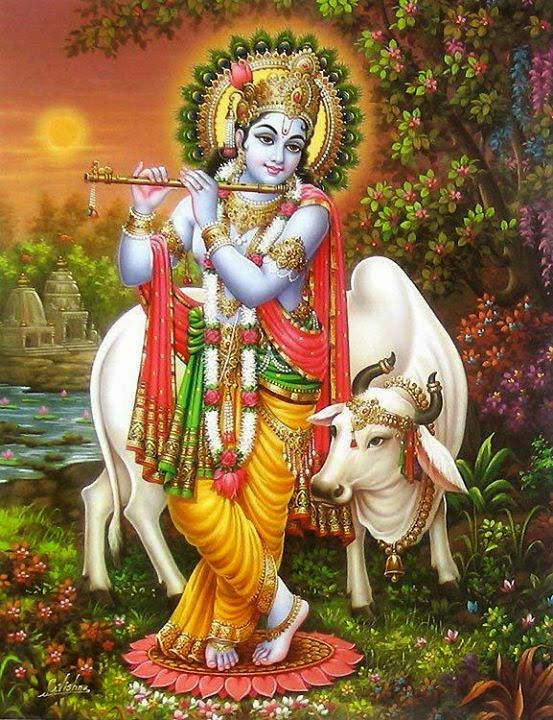Srimad Bhagavatham : 6.3.31.

Skandham-6. Chapter-3. Slokam-31. tasmat sankirtanam vishnor jagan-mangalam amhasam, mahatam api kauravya viddhy aikantika-nishkrtam. tasmat = therefore; sankirtanam = the congregational chanting of the holy name; vishnoh = of Lord Vishnu; jagat-mangalam = the most auspicious performance within this material world; amhasam = for sinful activities; mahatam api = even though very great; kauravya = O descendant of the Kuru family; viddhi = understand; aikantika = the ultimate; nishkrtam = atonement. Sri Suka Brahmarishi continued: My dear King, the chanting of the holy name of the Lord is able to uproot even the reactions of the greatest sins. We should...












